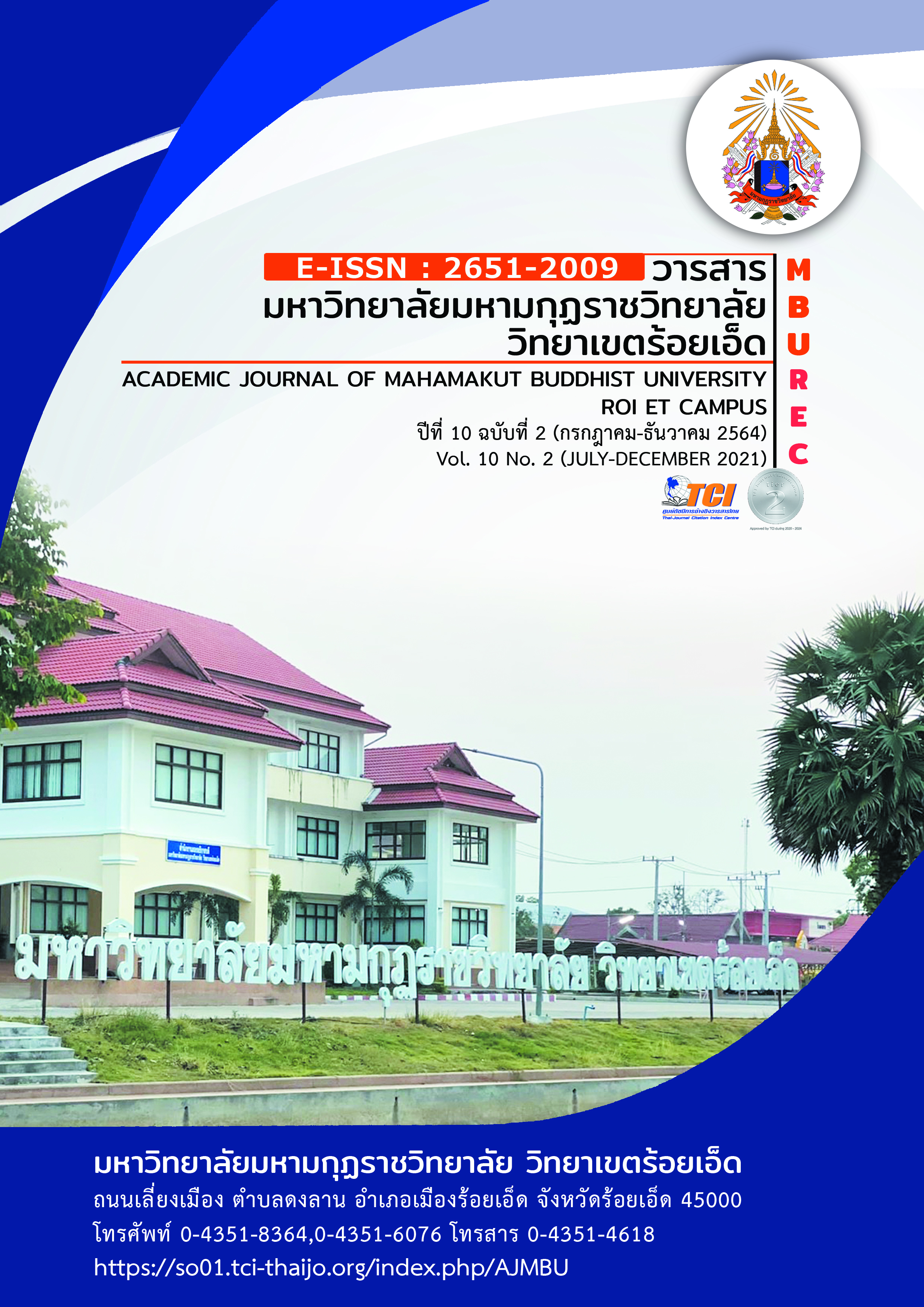Followership on Social Movements in Thai Civil Society
Main Article Content
Abstract
This article is a study of followers in the dimension of political social movements by documentary research base on critical theory and using the in-depth interview method of civil society. This article found that in any social movement consists of many groups of people which may together from an activist or an individual but they have a same concept based on the political Ideology of being a citizen, asking for the changes in practice through policy level. We can divided the followers’ characteristics into 6 types. 1) Courage to take personal responsibility 2) Courage to serve the leader 3) Courage to Challenge 4) Courage to make changes 5) Courage to make action in moral reasons (Moral Courage) 6) Courage to stand up without hierarchy. These characteristics are therefore based on a Thai style considered from the responsibility and actions is hegemony of follower. The major key success of leadership is to have productive or strongly supportive followers and being together till the end of the movements. This is we call the good followership outcomes
Article Details
References
ยุรชัฎ ชาติสุทธชัย. ผู้ให้สัมภาษณ์. 15 ตุลาคม 2562. ณ มหาวิทยาลัยรังสิต 52/247 ตำบลหลักหก อำเภอเมือง จังหวัดปทุมธานี
สุริยะใส กตะศิลา. (2558). อุดมการณ์ทางการเมืองของมวลมหาประชาชนในวิกฤติประชาธิปไตย. ดุษฎีนิพนธ์หลักสูตรปรัชญาดุษฎีบัณฑิต สาขาวิชาผู้นำทางสังคม ธุรกิจ และการเมือง. วิทยาลัยนวัตกรรมสังคม มหาวิทยาลัยรังสิต.
สุริยะใส กตะศิลา. (2562). ภาวะผู้ตาม : กรณีศึกษาจากปรากฏการณ์มวลมหาประชาชน. วารสารวิชาการบัณฑิตวิทยาลัยสวนดุสิต. 15(1). 210-215.
อุเชนทร์ เชียงแสน.(2561). การเมืองภาคประชาชน. กรุงเทพมหานคร : สำนักพิมพ์มติชน.
Bourdieur, Pierre. (1986). The Forms of Capital. Handbook of Theory and Research for the Sociology of Education. New York : Greenwood.
Kelly, Robert E. (1992). Power of Followership. Harvard Business Review : The Hardcover.
McAdams, D. P. (1982). Experiences of intimacy and power: Relationships between social motives and autobiographical memory. Journal of Personality and Assessment. 42(2). 292–302.
McCarthy, John D. and Zald, Mayer. (1977). Resource Mobilization and Social Movements: A Partial Theory. American Journal of Sociology. 82(6). 122-124.
Olson, Mancur .(1965). The Logic of Collective Action: Public Goods and the Theory of Groups. New York : Harvard University Press.
Rangsit University Library. (2019). One Search Online. Retrieved 15 January 2020. From http://library.rsu.ac.th/index1.html
Roger, Adair. (2008). Developing great leader, one follower at a time. New York : San Francisco, CA.
Uhl-Bien.Mary. (2013). Follower theory: A review and research agenda. The Leadership Quarterly. Retrieved 15 February 2020. From www.elsevier.com


